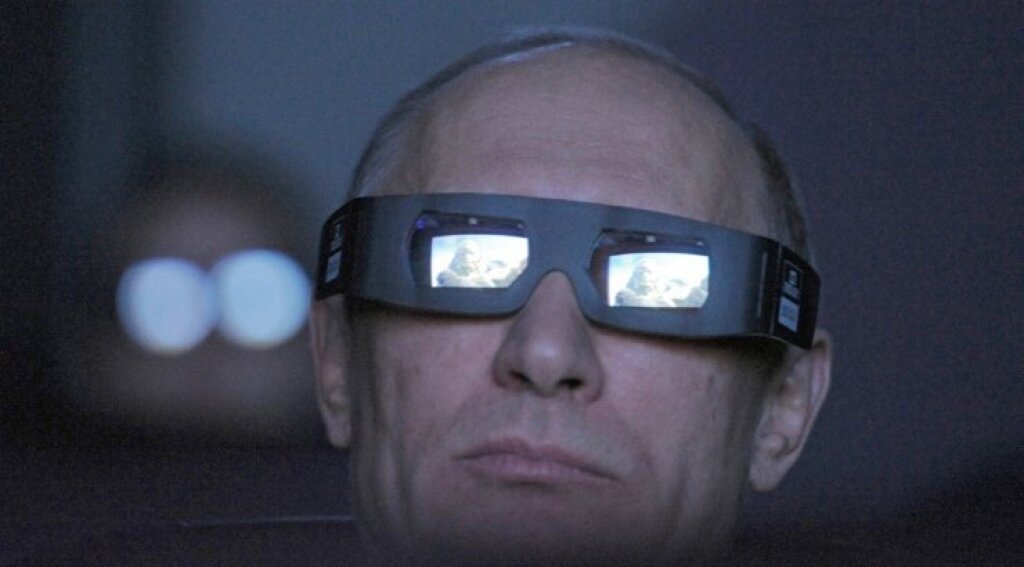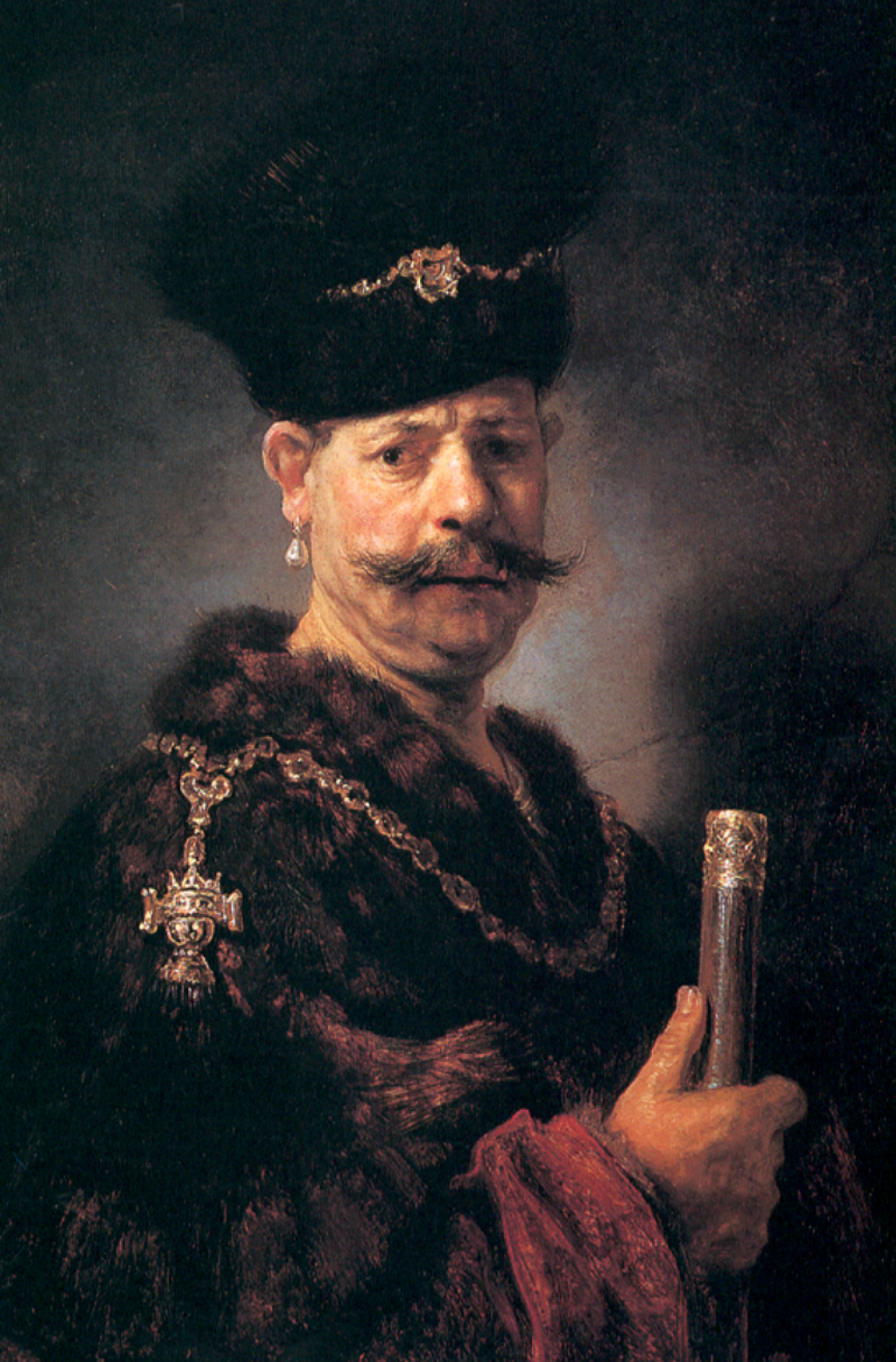Ilaria Parogni is an MA student at the Graduate School of Arts and Science of New York University. She is completing a joint degree in Journalism & Russian and Slavic Studies
On Oct. 27 viral lab-turned-news site Buzzfeed published an article that got experts on Russia talking. The article in question took issue with the quality of the content published in recent months by Johnson’s Russia List, a listserv curated by David Johnson for the Institute for European, Russian and Eurasian Studies (IERES) at The George Washington University‘s Elliott School of International Affairs. In particular, writer Rosie Gray observed how “the list has increasingly included content from Russian state media and other sources sympathetic to the Russian version of events.” One could spend hours debating whether this is a good or a bad thing (and it’s pretty clear that Gray sees it as a negative trend). One question, however, seems more urgent: Was that story really worth writing?
As the tension between Russia and the West turns into a deeper rift in the wake of the Ukrainian crisis, many have been tempted to declare the beginning of a new Cold War. The English-language media – both Western and Russian – has taken the approach a step further. Whether we are flicking through the pages of newspapers or scrolling down a webpage, the tendency towards interpreting current events as a permanent confrontation between Russia and the West is evident: Journalists have put on their Cold War goggles and seem set on keeping them on. Gray’s article is only the latest example.
On Oct. 29, for example, American journalist Julia Ioffe proclaimed from the pages of The New Republic: “Russians Are Absolutely Gleeful Over the U.S. Space Rocket Explosion.” Ioffe relied on reports by Russian news outlets and one single tweet to draw an emphatic picture of Russia’s response to the explosion of an Antares cargo rocket after takeoff in eastern Virginia. The fact that the article appears to be driven by Ioffe’s negative feelings towards Russia is hard to miss: but does that really entitle her to draw conclusions about the entire Russian population based on what a few Russian media say? Ioffe plays by the rules of a zero-sum game: you are either for or against Russia; suspension of judgment and middle grounds are regarded with suspicion.
Western news organizations reporting from the Sochi 2014 Winter Olympics took the notion to the extreme when they turned the Games into an occasion to indulge in some good old-fashioned schadenfreude, as pointed out by the same Ioffe a few months ago. At the time, gleefully pointing the finger whenever Russia got it wrong became the favored modus operandi for international journalists visiting Russia. At the other end of the spectrum, RT, the Kremlin-funded English-language Russian TV network, is mounting its own counter-offensive. The strategy is simple: focus almost exclusively on those stories likely to highlight the hypocrisy of your enemy (i.e. Occupy Wall Street, Ferguson) and, if no evidence is available to support your claims, rely on conspiracy theories (i.e. MH17).
The trend became particularly evident as the conflict in Ukraine worsened. State-controlled Russian media, TV channels in particular, developed their own surreal narrative of the events unfolding in the neighboring country. Notoriously, Russia’s TV network Channel One reported how Ukrainian soldiers in the city of Slavyansk nailed the child of an insurgent to a board. The story turned out to be fabricated. At the same time, Western media have often failed to convey a balanced picture of the situation. The reported irregularities in the referendum held in Crimea after the peninsula’s annexation by Russia often obscured the reality that the majority of the population could have potentially supported a return to Russia. When the Malaysian flight MH17 crashed on Ukrainian soil and pro-Russian insurgents were accused of accidentally shooting it down, British newspaper The Sun inaccurately identified “Putin’s missile” as the culprit.
Last August British newspaper The Guardian published an expert panel that posited the question: “Is western media coverage of the Ukraine crisis anti-Russian?” Nabi Abdullaev, editor-in-chief of The Moscow Times, an English-language daily newspaper based in Moscow, wrote: “By making Putin’s villainy a major narrative in the bigger Ukraine story, the media limits policy options for the western decision-makers, raising the political cost of mediation for them in the conflict.” The danger in looking at what goes on in the world through the Cold War goggles is leaving out of the picture important questions that should be raised, while asking the wrong ones.
As for Johnson’s Russia List, the listserv has been collecting and diffusing through its newsletters Russia-related news and analysis on Russia in English since 1996. Over the past few years it has developed into a resource showcasing a variety of views and opinions on Russia, both by Western and English-language Russian media. As news organizations become engulfed in their own Cold War game, the content published by the listserv is obviously going to be affected.
In this sense, Johnson’s Russia List simply reflects the binary confrontation between Russia and the West. Reviewing the content published by the listserv over the past few weeks, one can notice the variety of content published: articles by The New York Times and The Economist as well as RT and Interfax, reports from Ukraine by the Kyiv Post, news analysis from Russia Beyond the Headlines (a multimedia project partly financed by state-owned daily Rossiyskaya Gazeta) and commentaries by observers with opposing views on Russia, such as Paul Goble and Andrei Tsygankov. The issue is that Johnson is refusing to put on the Cold War goggles when the majority is – and this is exactly why the listserv is bound to become a casualty of the game.



